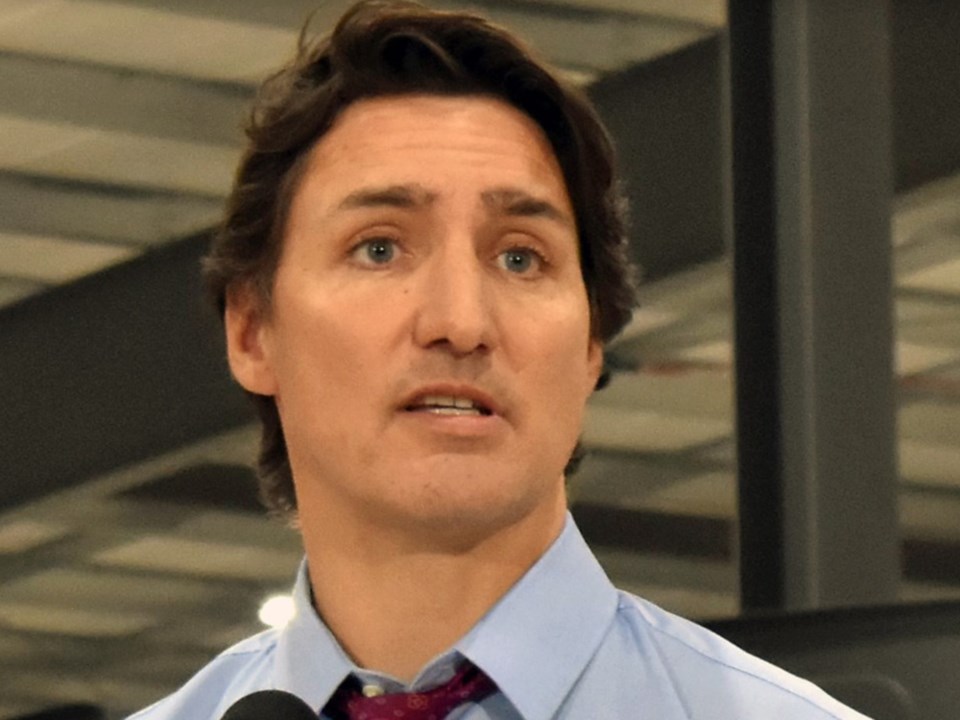Think Canadian politics is dull? Take a closer look at recent events in Ottawa, and you might just change your mind.
Prime Minister Justin Trudeau and the Liberals have just lost the strategic support of Jagmeet Singh and the NDP. This creates the possibility that the minority Liberal government may now shift from being propped up by the centre-left, social democratic NDP to relying on the centre-left, sovereigntist, and social democratic Bloc Quebecois to remain in power.
Let’s go back a few years.
On March 23, 2022, the Liberals and NDP crafted a working arrangement called “Delivering for Canadians Now, A Supply and Confidence Agreement.” The deal identified “key policy areas where there is a desire for a similar medium-term outcome,” such as national dental care and pharmacare. In return, the NDP agreed not to trigger a parliamentary vote of non-confidence against Trudeau’s government.
The national dental care plan for low-income Canadians received the most attention.
Originally proposed by the NDP during the 2019 and 2021 elections, the plan aimed to cover around 6.5 million uninsured Canadians with household incomes below $90,000. According to an Oct. 7, 2020 report by the Parliamentary Budget Officer, implementing the program would have cost $1.4 billion in the 2020-21 fiscal year. The cost was projected to rise to $4.6 billion in 2021-22 and then average $1.7 billion annually between 2022-23 and 2024-25.
Despite this, Trudeau introduced the Canadian Dental Care Plan on Dec. 1, 2022. The Liberal plan also focused on Canadian families earning less than $90,000 a year and without private insurance. It offered up to $1,300 over two years for any child under 12 in the household. According to a CBC report on Dec. 12, 2023, the program was labelled a “$13-billion insurance program,” and in “its current form, the plan is expected to cost the federal treasury about $4.4 billion per year.”
The plan has encountered numerous issues and delays since its launch. Health Minister Mark Holland ludicrously suggested that Pierre Poilievre and the Conservatives attempted to “sabotage” the plan through “bullying” dental associations. He claimed the associations were “dealing with rabid Conservatives who … want to see this program fail because they’re concerned that it’s going to benefit our party.”
The Canadian Dental Association didn’t have the foggiest idea what Holland was talking about. Neither did the heads of several provincial dental associations. “There has been zero pressure, really, from the Conservatives on us in any kind of fashion that would result in the low uptake of dentists registering for the program,” Dr. Robert Wolanski, president of the British Columbia Dental Association, told the Toronto Star on Jun. 23. “The misinformation that has been provided has been provided almost solely by … the Liberal government and the NDP.”
It’s been evident for two years that the agreement between the Liberals and NDP hasn’t benefited either party. Trudeau’s disastrous leadership and collapsing poll numbers have not only damaged his own party and political brand but also dragged down the NDP. Singh was likely aware of this but stayed in the agreement to preserve his political influence. It was a huge tactical error. Despite the NDP’s financial woes and lack of rational political thinking, there were still a few opportunities for them to potentially leapfrog the Liberals. However, those opportunities have disappeared for the time being.
The NDP officially ended their agreement with the Liberals last week. In a video on Sept. 4, Jagmeet Singh announced, “I have notified the prime minister that I have ripped up the supply-and-confidence agreement,” accusing the Liberals of being “too weak, too selfish, and too beholden to corporate interests to fight for people.” Singh also criticized the Liberals for “letting people down” and failing to challenge “corporate greed.”
It’s an interesting development but hardly an earth-shattering one. Singh didn’t call for new elections, which would have helped salvage his party’s horrendous polling numbers. A party official also told Global News it would vote on government bills on a “case-by-case basis.” In other words, more of the same with a slightly different packaging.
The end of the Liberal/NDP agreement has potentially opened the door for Yves-Francois Blanchet and the Bloc Quebecois. While the sovereigntist party has indicated it would be willing to support the Liberals, there would be a steep price to pay.
Bloc House Leader Alain Therrien suggested this is a “window of opportunity” for both parties. “Our objectives remain the same, but the means to get there will be much easier. We will negotiate and seek gains for Quebec … our balance of power has improved, that’s for sure.”
According to the Canadian Press, one of the Bloc’s “conditions” is a “royal recommendation to the party’s Bill C-319, which aims to increase old age security for seniors age 65 to 74 to the same level paid to those age 75 and older.” Other conditions include Quebec receiving “more powers in immigration matters, particularly in the area of temporary foreign workers,” and a desire to “get the money that the federal government owes us.”
Would Trudeau be foolish enough to agree to this? It seems highly unlikely and potentially destructive to his government’s already-dwindling political fortunes. Then again, stranger things have happened in the not-so-dull world of Canadian politics.
Michael Taube is a political commentator, Troy Media syndicated columnist and former speechwriter for Prime Minister Stephen Harper. He holds a master’s degree in comparative politics from the London School of Economics, lending academic rigour to his political insights.
The commentaries offered on SaskToday.ca are intended to provide thought-provoking material for our readers. The opinions expressed are those of the authors. Contributors' articles or letters do not necessarily reflect the opinion of any SaskToday.ca staff.




